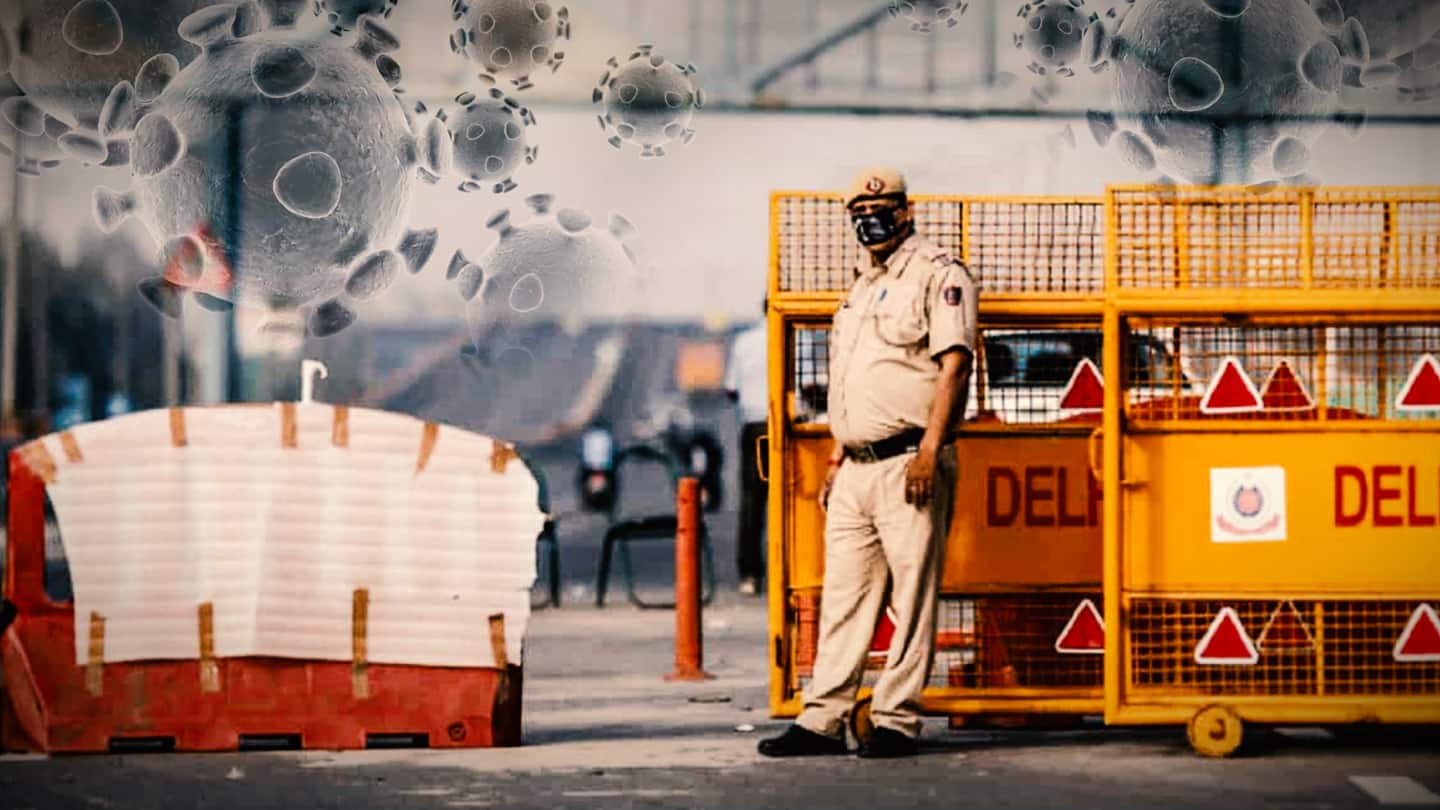
Delhi COVID-19 lockdown: What's allowed and what's not?
What's the story
Earlier on Monday, Delhi Chief Minister Arvind Kejriwal announced a six-day lockdown in the national capital.
The lockdown comes into effect from 10 pm on Monday and will remain enforced until 5 am next Monday (April 26).
Kejriwal said the lockdown was imposed to prevent the health infrastructure from collapsing.
Here's a list of what's allowed and what's not during this week-long lockdown.
Restrictions
WFH for private office employees; gatherings banned
All private office employees will work from home.
Delhi government offices/corporations will be shut, barring those involved in essential and emergency services.
Only 50 people will be allowed at weddings and 20 at funerals.
All malls, cinema halls, shopping complexes, swimming pools, restaurants, salons, gyms, and spas will be shut.
Social, religious, political, entertainment, and sports gatherings will be banned.
Information
National sporting events allowed at stadiums without spectators
Any national sporting event can take place at a stadium, however, no spectators will be allowed. The guidelines further stated that religious places will be allowed to remain open, but no visitors will be allowed.
Exemptions
Who is exempt from the lockdown?
Doctors, healthcare staff, essential workers, officials, journalists, judges, government officials, and diplomats can move without restrictions. However, they must produce valid ID proofs.
Students appearing for examinations will also be allowed to move.
People going for COVID-19 testing/vaccination, pregnant women/patients traveling for medical help will also be exempt, provided they have valid IDs, doctor's prescription, or medical papers.
Travel
Public transport allowed with 50% seating capacity
People coming or going to airports/railway stations/bus stations will be allowed to travel on the production of valid tickets.
There shall be no restriction on interstate/intrastate movement of essential goods. No separate permission/e-pass will be required for such movements.
Public transport such as buses and metros will be allowed to function with 50% capacity. Autos/cabs will be allowed to take up to two passengers.
Exemptions
Banks, insurance offices, ATMs to remain open
Food, groceries, fruits and vegetable shops, dairy and milk booths, meat and fish, animal fodder, pharmaceuticals, opticians, medicines and medical equipment, newspaper distribution will be open.
Banks, insurance offices, and ATM offices will remain open.
Home delivery/takeaway services by restaurants will be allowed.
Delivery of all essential goods including food, pharmaceuticals, medical equipment through e-commerce will be allowed.
Exemptions
Movement related to following activities also exempt from lockdown:
Telecommunications, internet services, cable services, and IT-enabled services.
Petrol pumps, LPG, CNG, petroleum and gas retail and storage outlets.
Water supply, power generation, transmission and distribution units and services, cold storage, and warehousing services.
Private security services.
Manufacturing units of essential commodities.
Manufacturing units of non-essential commodities having on-site workers will also be allowed.